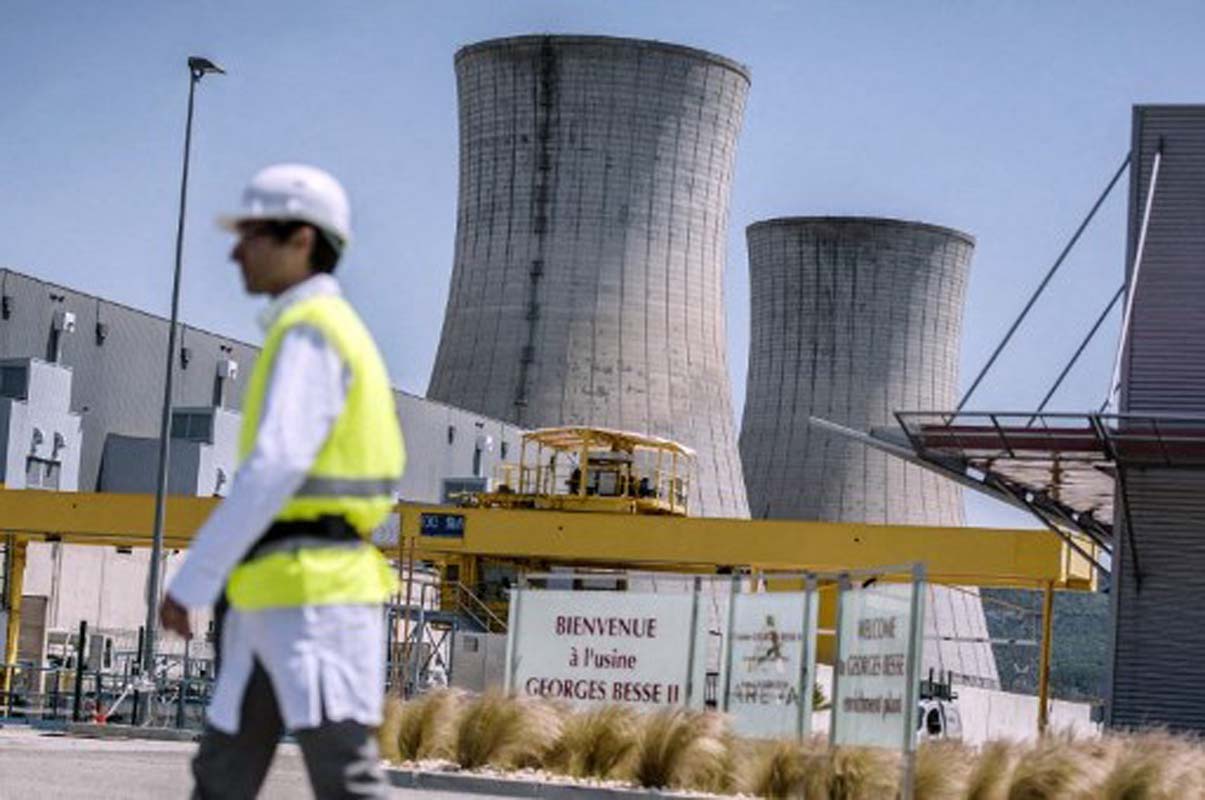
403
Sorry!!
Error! We're sorry, but the page you were looking for doesn't exist.
Global nuclear industry faces decline and seeks revival
(MENAFN) A decade ago, it appeared as though the international nuclear industry was in an irreversible decrease.
Worries about safety, cost, and what to do with radioactive waste had sapped enthusiasm for a technology once seen as a revolutionary source of abundant low cost energy.
Yet now there is common claims of a revival, fuelled by technology giants Microsoft, Google as well as Amazon all declaring investments in the field, as well as the increasing pressures on rich countries to curb their carbon emissions.
When commercial nuclear power was initially established in the 1950s and 1960s, governments were seduced by its seemingly boundless potential.
Nuclear reactors have the potential to harness and regulate the immense forces unleashed by atomic bombs to generate electricity for millions of homes. With just one kilogram of uranium producing about 20,000 times the energy of a kilogram of coal, the technology initially held great promise for the future.
However, public fear surrounding nuclear power quickly emerged, and events like the Chernobyl disaster in early 1986, which spread radioactive contamination across Europe, seemed to validate those fears. This incident significantly fueled widespread public and political resistance, ultimately slowing the industry's growth.
The Fukushima Daiichi accident in Japan in 2011 revived global concerns about nuclear safety. In response, Japan shut down all its reactors immediately after the incident, and to date, only 12 have resumed operation.
Worries about safety, cost, and what to do with radioactive waste had sapped enthusiasm for a technology once seen as a revolutionary source of abundant low cost energy.
Yet now there is common claims of a revival, fuelled by technology giants Microsoft, Google as well as Amazon all declaring investments in the field, as well as the increasing pressures on rich countries to curb their carbon emissions.
When commercial nuclear power was initially established in the 1950s and 1960s, governments were seduced by its seemingly boundless potential.
Nuclear reactors have the potential to harness and regulate the immense forces unleashed by atomic bombs to generate electricity for millions of homes. With just one kilogram of uranium producing about 20,000 times the energy of a kilogram of coal, the technology initially held great promise for the future.
However, public fear surrounding nuclear power quickly emerged, and events like the Chernobyl disaster in early 1986, which spread radioactive contamination across Europe, seemed to validate those fears. This incident significantly fueled widespread public and political resistance, ultimately slowing the industry's growth.
The Fukushima Daiichi accident in Japan in 2011 revived global concerns about nuclear safety. In response, Japan shut down all its reactors immediately after the incident, and to date, only 12 have resumed operation.

Legal Disclaimer:
MENAFN provides the
information “as is” without warranty of any kind. We do not accept
any responsibility or liability for the accuracy, content, images,
videos, licenses, completeness, legality, or reliability of the information
contained in this article. If you have any complaints or copyright
issues related to this article, kindly contact the provider above.


















Comments
No comment